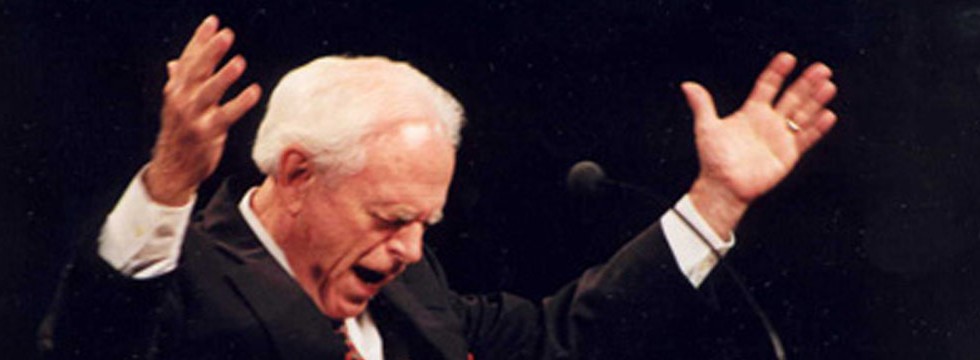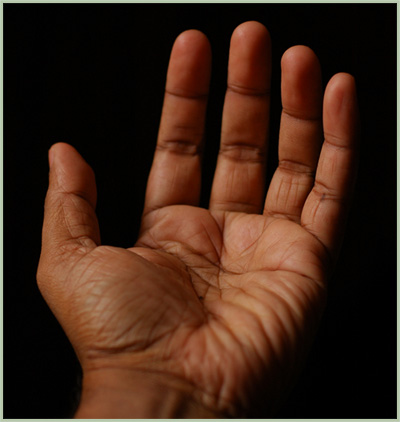I recently wrote the following prayer for a professing believer who, despite much study, Scripture memorization and overall maturity in the faith, still struggles emotionally with whether his own sins are actually forgiven by God. He has a clear testimony of faith, is well studied in the theology, is not walking in willful sin. But he struggles. So I wrote this prayer and challenged him to begin each day by standing up, planting his feet and praying this prayer slowly, thoughtfully aloud to God. I offer it in case it may be helpful to you as well.

Heavenly Father, I confess that I struggle to believe you have forgiven me of my sins. Please help me in this.
In view of this struggle, I confess to you all my sins—known and unknown. “Search me, O God, and know my heart! Try me and know my thoughts! And see if there be any grievous way in me, and lead me in the way everlasting! (Psalm 139:23-24).
Father, I ask you to cleanse me from hidden failures and sins—known not to me, but certainly known by you. Keep me from presumptuous sins; do not let them rule over me (Psalm 19:13-14).
I affirm by faith that, having confessed my sins, you forgive me all of them and that you cleanse me from all unrighteousness (1 John 1:9).
I affirm by faith that the blood of Jesus Christ cleanses me from all my sin. I choose now to consciously rest in the declaration of your forgiveness. I rest in the righteousness of Christ provided to me by your decree of justification. I affirm that you have chosen to gift me with the standing of Jesus’ own righteousness and that you now view me not as a sinner, but as your child and son—loved, adopted, embraced, affirmed, made to stand in the grace you have provided to me through Jesus Christ.
By faith I stand against Satan, the accuser of the children of God, and all his demons and forces. I stand against their lies and intimidations. I bring the blood of Christ against them and declare their accusations invalid and powerless.
Lord, I declare that you have cast my sins behind your back (Isa. 38:17).
I declare that you have blotted out all my sins (Isa. 43:25).
I declare that you have chosen not to remember my sins against me ever again (Jer. 31:34).
I declare that you have tread my iniquities under your feet (Micah 7:19).
I declare that you have cast my sins into the depths of the sea (Micah 7:19).
I declare that you have clothed me in robes of righteousness (Isa. 61:10; Rev. 21:14).
I declare, Lord, that you have cleansed me from all sin.
I declare that you have forgiven me all my sins.
I declare that there is no condemnation for me as I stand in faith in Jesus Christ (Rom. 8:1).
I declare, Lord, that you have removed my sins from me as far as the east is from the west (Psalm 103:12).
I declare that you have pardoned me from all my sin and its judgment (Jer. 50:20).
I declare that you have reconciled me to yourself and I am loved, embraced, cherished, protected and kept by you.
I declare that you have sealed me to the day of redemption by your Holy Spirit (Eph. 4:30).
I declare that you have canceled the record of my sin debt, having set it aside by nailing it to Jesus’ cross (Col. 2:14).
I declare that you have taken upon yourself, Lord Jesus, the shame of my sin and replaced it with the favor and honor of salvation as a child of God (Heb. 12:2).
I declare that far from being shut out from your salvation, O God, you have made me an heir and a co-heir with Christ (Rom. 8:17).
I affirm that “you … God [are] ready to forgive, gracious and merciful, slow to anger and abounding in steadfast love, and [have] not forsake[n me] (Neh. 9:17).
I rest in your redeeming, saving, accepting, blessing, enfolding, inclusive love, O God! Convince me in the deepest parts of who I am of your love for me.
By your Spirit, O God, witness to my spirit, that I am a child of God (Rom. 8:16). Fill me with your Holy Spirit and release Him to spread abroad in my heart your great love, O Lord (Rom. 5:5).
In the Name of Jesus Christ, amen.





